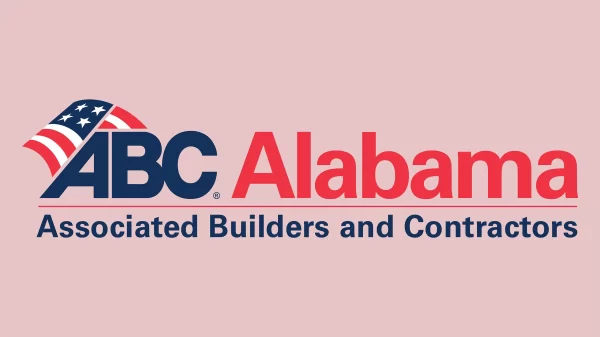By Josh Moon
Alabama Political Reporter
I won a couple of awards over the weekend.
The Alabama Associated Press Managing Editors doled out journalism awards to State media at its annual banquet, and I was fortunate enough to pick up two.
It’s nice, but I’ve never been big on awards. It always seemed silly to me to boil an entire year of hard work down to a couple of good stories. And without fail, the stories I liked the most – and the ones I felt were most meaningful – never won a thing.
But personal feelings aside, awards are how a number of folks judge the quality of a person or entity’s journalism.
And by that standard, starting last October, my work took a nose dive. At least, it did in the eyes of the Alabama Press Association, which hosts its own awards.
That’s because last October, I took this job at The Alabama Political Reporter – an online-only source of news and opinion in the state.
In the eyes of the Alabama Press Association, APR isn’t journalism.
Why?
Because we don’t publish a printed newspaper.
Forget that more people consume news online – through their computer, tablet or phone – than in the printed paper. Forget that Alabama’s largest daily printed newspaper, The Montgomery Advertiser, has a circulation of less than 30,000.
That’s irritating to me.
Not because I want the silly plaque, but because I’m tired of people acting like online-only journalism is somehow a lesser form.
That’s not the attitude nationally. The Pulitzer Prize Committee accepts nominations – and has issued awards – to online media. Other respected awards, including the AP awards in other states, accept entries from online-only sources.
And why wouldn’t they? Sites like Politico, Yahoo!, Vice News and The Nation all have large national followings and are go-to sources for reliable information.
Honestly, there’s no reasonable argument for excluding online sites at this point.
For a long period of time, even after news organizations started popping up on the Internet, newspapers usually could be considered more trustworthy outlets for accurate, unbiased news. While they’re still solid sources for such news, big changes have occurred.
First and foremost, online outlets, which are now inhabited by former newspaper folks, have taken up the same journalistic standards as newspapers.
Secondly, newspapers have become shells of what they once were, as cuts after cuts have depleted staff and left most newsrooms scrambling to cover a third of what they once did – usually with young, inexperienced reporters. I’m not saying they’re bad, they’re just thin.
Take this last Legislative Session, for example. Even newspapers with an experienced reporter covering the Legislature had just one person there most days. On busy days, they had two.
APR had at least three, sometimes as many five people roaming around those hallways.
Does that mean the coverage was five times better? No. But it damn sure was coverage worth mentioning.
There’s also one other change that has leveled the playing field between newspapers and online outlets, and it’s again related to the loss of revenue. Where once there was a clear distinction between advertising and editorial, money troubles have blurred that line.
At my previous employer, among other issues, in the weeks before I resigned, I had to twice fight to get things I wrote — a column and an investigative story – published. Not because there were editorial issues, but because they might anger advertisers (The back and forth over the investigative piece – which eventually was published – was probably the most disgusting and disappointing chain of events I have ever experienced).
That newspaper is not alone in allowing the barrier to crumble. Whether its sponsored content, covering events to appease advertisers, backing off stories that might damage advertisers or making editorial decisions in an effort to attract advertisers, the line is getting harder and harder to find at many newspapers.
None of that is to say that all newspapers are bad, or even that a few problems mean they’re not great sources of reliable information.
I’m just saying the journalism landscape has changed. Blogs and online news sources have achieved levels of responsibility and professionalism that place them alongside newspapers, and in some cases, out front.
Those advancements are being acknowledged all over the country. And they should be in Alabama, too.




















































